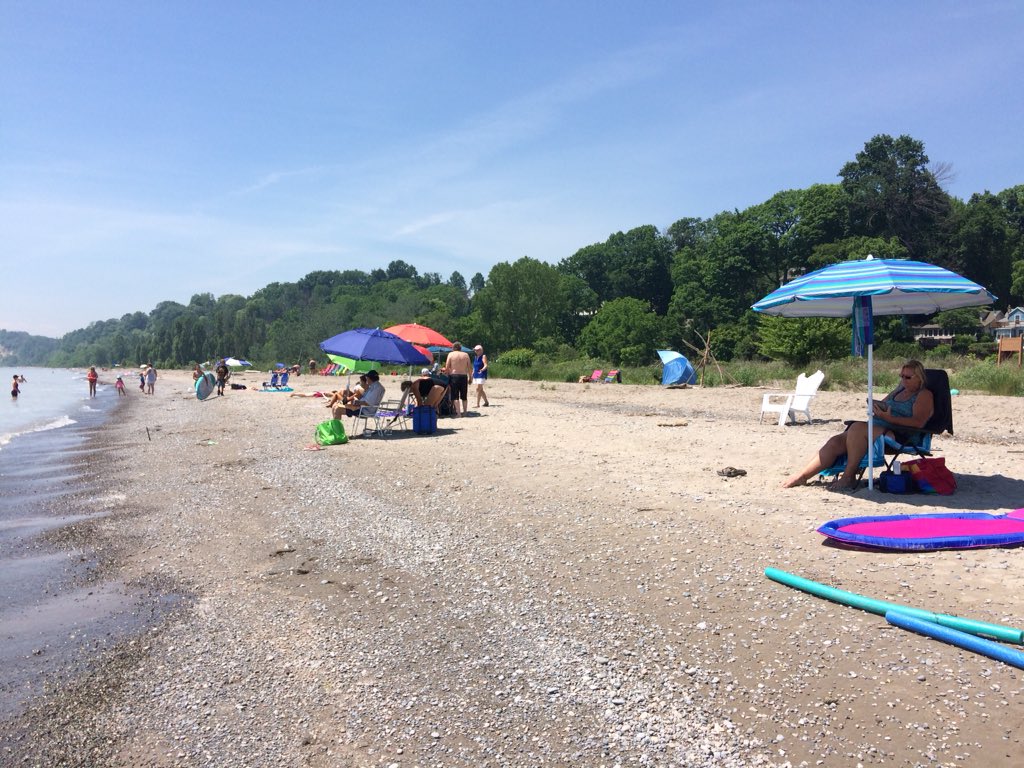Those heading to Port Stanley for a dip in the lake this Canada Day long weekend will want to stick to the lakeside community’s Main Beach.

Swimming advisories are in place at Port Stanley’s Little Beach and Erie Rest Beach after water samples taken earlier this week found high levels of E. coli bacteria, according to Southwestern Public Health, the health agency that oversees the counties of Elgin and Oxford, and the City of St. Thomas.
“The advisory will stay up until we’re able to get results back again that are below the level that we measure by,” said Amy Pavletic, the agency’s manager of environmental health, on Thursday.
The province has a recreational water quality guideline set of 200 E. coli per 100 millilitres of water.
Samples are taken weekly on Mondays by the agency, with the results posted on Wednesdays, Pavletic said, adding E. coli is the only type of bacteria tested.
Test results posted this week found no harmful levels of the bacteria at other area beaches, including in Port Bruce, Port Burwell, and Port Glasgow.
WATCH: (Dec. 14, 2018) Source of tainted lettuce in the U.S. identified

At Port Stanley’s Main Beach, where water sampling is done by the municipality, tests conducted this week also found no harmful levels of bacteria, the agency said. The beach is among six London-area beaches that have the Blue Flag eco-certification, which means they have high standards for water quality, environmental management, visitor amenities and safety.
E. coli bacteria can often occur due to rough water or heavy rainfall — something the region saw plenty of this past spring — and indicates there may be either animal or human fecal matter present in the water, Pavletic said.
“It can can cause illnesses such as stomach illness, infections of the eyes, ears, nose, or throat, or if someone has a cut, that can get infected as well,” she said, noting that depending on when sampling takes place, heavy rainfall may cause E. coli levels to rise at that time.
“We don’t want to discourage anybody from using the beaches when it’s safe to do so, but just to make sure that they’re taking precautions. That’s the whole point of us doing this beach water sampling, is to protect the public from potential illness.”
— With files from Matthew Trevithick








Comments